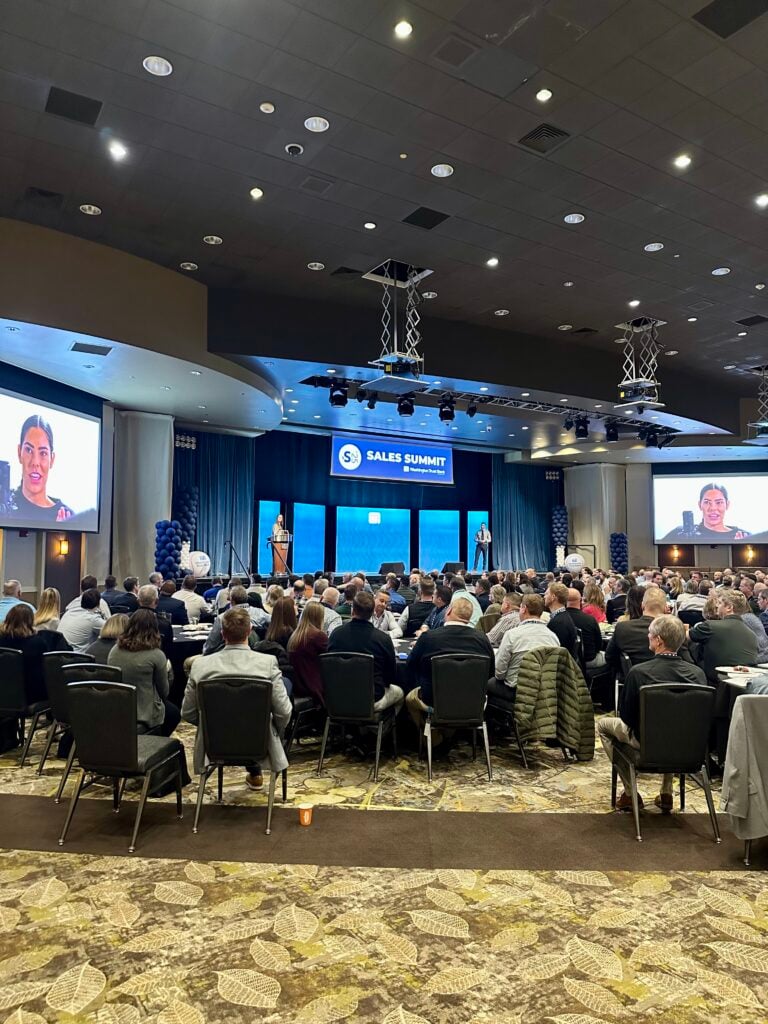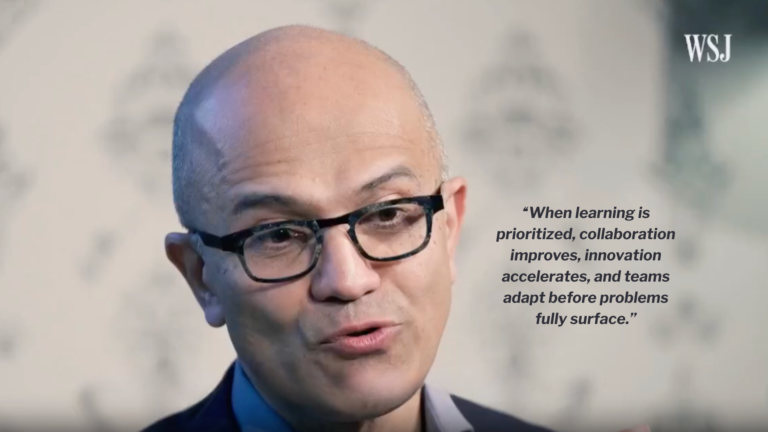As a coach, you’ve probably told yourself:
“I need to put my athletes first.”
“There’s no time for breaks in this job.”
But the off-season—or even a lighter week—is a rare chance to pause. This month, we want to remind you how valuable that time can be when it’s used intentionally. Prioritizing your own physical, mental, and professional well-being doesn’t take away from your athletes—it fuels your ability to lead them even better.
It’s easy—especially in a role built around serving others—to put your own needs on the back burner. You spend so much energy pouring into your athletes and your program that it becomes second nature to overlook yourself.
But just like athletes, coaches are vulnerable to burnout. The pressure to perform, the emotional investment, and the constant pace can lead to exhaustion—or even disconnection from your purpose. If you’ve ever felt that, you’re not alone. It doesn’t mean you’re failing. It means you’re human.
The good news? Recovery can be simple—when it’s intentional.
Recharge with Purpose
“It’s not how hard you train—it’s how well you recover.”
And that applies to coaches, too.
Recovery isn’t just about rest—it’s about being intentional with the time you do have. Whether it’s five minutes or five days, how are you using that time to come back better?
Here are three simple ways to grow while you recover:
1. Explore New Ways to Grow
Keep your mind sharp and your perspective fresh. That might look like listening to a podcast, swapping ideas with another coach, or setting one personal goal a week.
2. Practice Intentional Rest
This isn’t about doing nothing—it’s about doing what refuels you. Maybe it’s a hike, a game night, a nap, a book that has nothing to do with coaching… Whatever it is, choose it on purpose.
3. StepBack and Reflect
Don’t just move on to the next thing. Take time to process. Journaling, debriefing with your team, or using our StepBack Sessions can help you zoom out and grow from the experience—not just get through it.
You don’t need more time. You just need to own the time you already have. Be as strategic with your recovery as you are with your training.
Because taking care of yourself isn’t selfish—it’s smart.
And when you lead from a full cup, everyone benefits.




